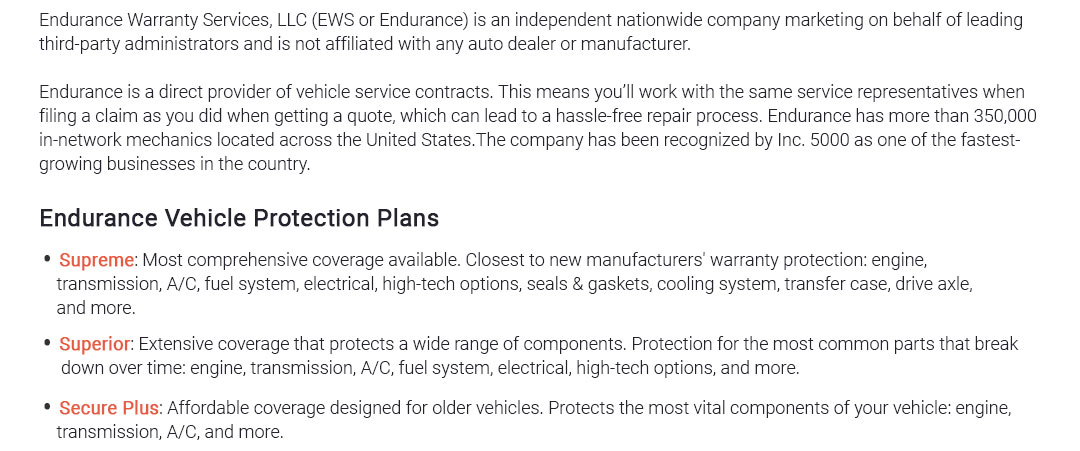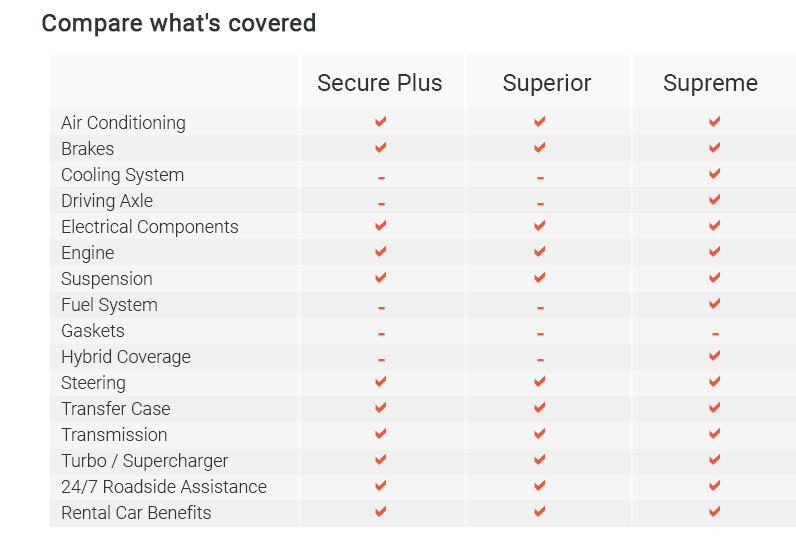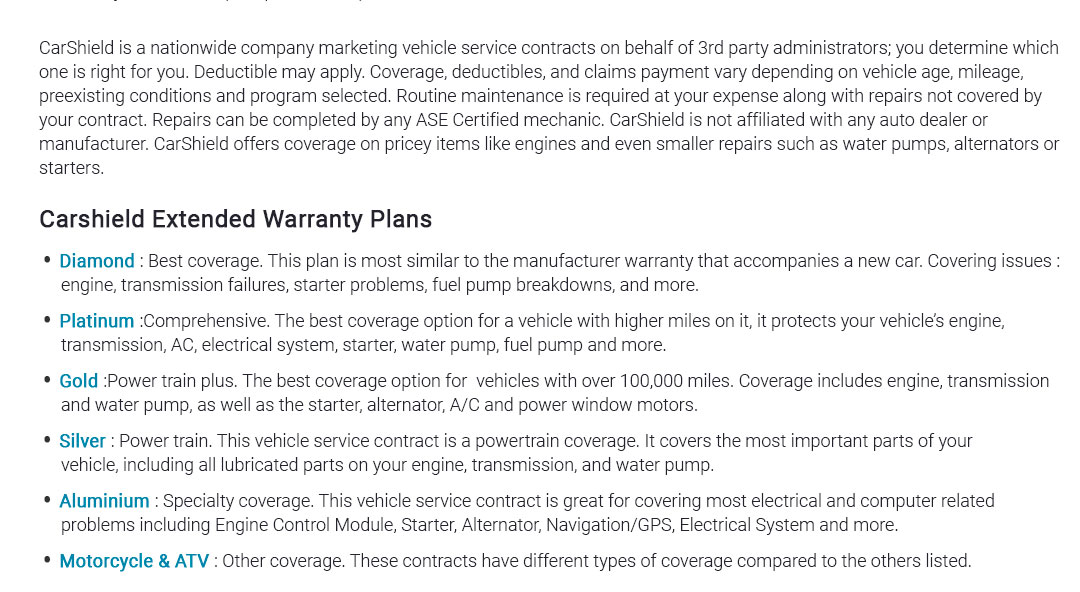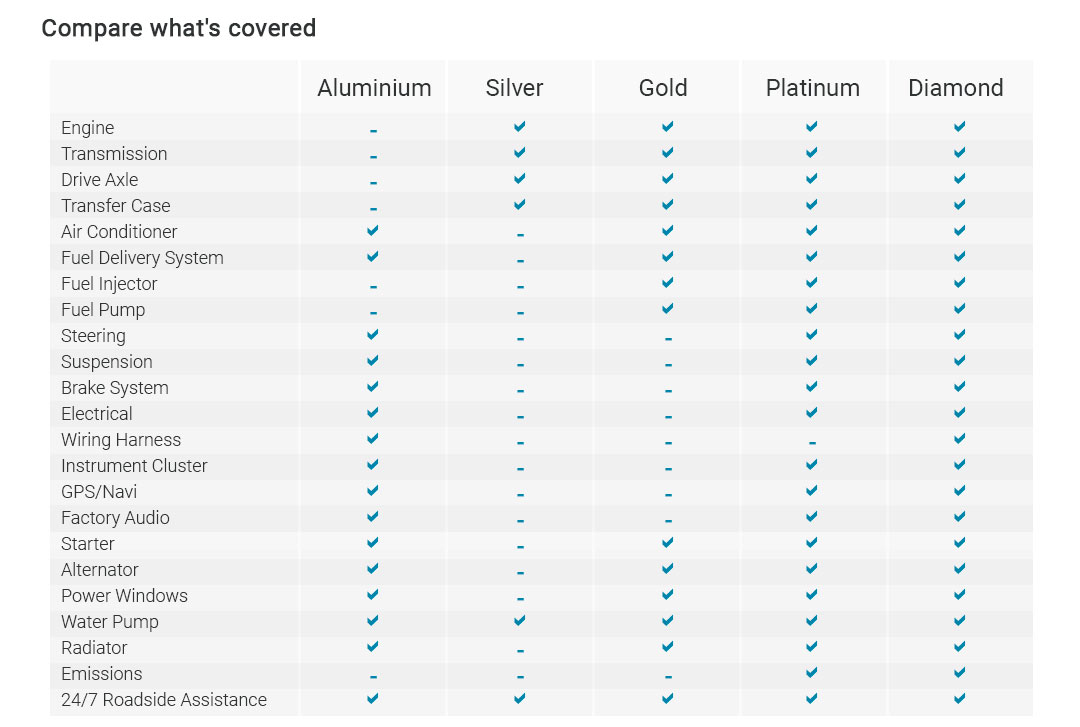 |
 |
 |
 |
 |
 |
 |
 |
 |
|||
 |
 |
|
|||||||
 |
|||||||
 |
|||||||
 |
|||||||
 |
|||||||
|
|||||||
|
||||||
 |
||||||
 |
||||||
 |
||||||
|
 |
 |
 |
 |
 |
 |
 |
Understanding Appliance Extended Warranty Plans: What to ExpectIn today's consumer-driven world, the purchase of home appliances is often accompanied by the offer of an extended warranty plan. These plans, touted as a safety net for your new investments, have become an integral part of the retail experience. As you stand at the checkout counter, the question looms large: should you invest in an extended warranty for your appliance? Understanding what these plans entail can help you make an informed decision. Appliance extended warranty plans are essentially service contracts that extend the warranty coverage of your appliance beyond the manufacturer's initial warranty period. These plans promise peace of mind, offering protection against unforeseen mechanical failures and sometimes even accidental damage. However, the nuances of these plans are worth exploring. They are not a one-size-fits-all solution, and their value can vary greatly depending on several factors. Firstly, it is important to consider the cost of the extended warranty in relation to the price of the appliance itself. In some cases, the cost of the plan may not justify the potential benefits, especially for less expensive appliances where the price of repair or replacement might be comparable to the warranty cost. On the other hand, for high-end appliances, an extended warranty might offer significant savings in the event of a breakdown. Moreover, the terms and conditions of these warranties are crucial. Many plans have exclusions that might render them less beneficial than they appear. Common exclusions include specific types of damage or failure, routine maintenance, and sometimes even particular parts of the appliance. It is essential to read the fine print and fully understand what is covered and what is not. Also, be aware of the process for making a claim, as some warranties may involve complicated procedures that could be a hassle when you're already dealing with a malfunctioning appliance. Another consideration is the reliability of the appliance. Some brands are known for their durability and lower failure rates, which might make an extended warranty less necessary. Conversely, if you have experienced issues with a particular brand in the past or if the appliance in question is known for frequent repairs, investing in an extended warranty could be a prudent choice. It is also valuable to think about your own personal circumstances. If you are someone who values convenience and the assurance that comes with knowing repairs will be covered, an extended warranty might provide a worthwhile sense of security. However, if you are comfortable with the risk and are willing to manage repairs as they come, you might prefer to save the cost of the warranty and use it towards any necessary repairs. In conclusion, appliance extended warranty plans are not inherently good or bad; their value depends largely on individual situations and preferences. They offer a form of insurance, providing protection and potential financial savings in the event of appliance failure. Yet, they also represent an additional cost that may not always be justified. As a consumer, it is imperative to weigh the benefits against the costs, consider the reliability of the appliance, understand the terms of the warranty, and reflect on your personal comfort with risk. By doing so, you can make a decision that aligns with your needs and expectations. https://www.nerdwallet.com/p/best/mortgages/appliance-warranty-plans
Best for repair guarantee: 2-10 Home Buyers Warranty - Cost: $35 per month and up; $65$100 per service call. - Appliance-only plan available: Yes ... https://upsie.com/major-appliance-warranty/all
LG Refrigerator Extended Warranty & Protection Plan ... https://securranty.com/Appliances-warranty
Protect your home appliances with a warranty plan from Securranty. We cover washers, fridges, ovens & other large appliances. 100% parts and labor covered.
|










